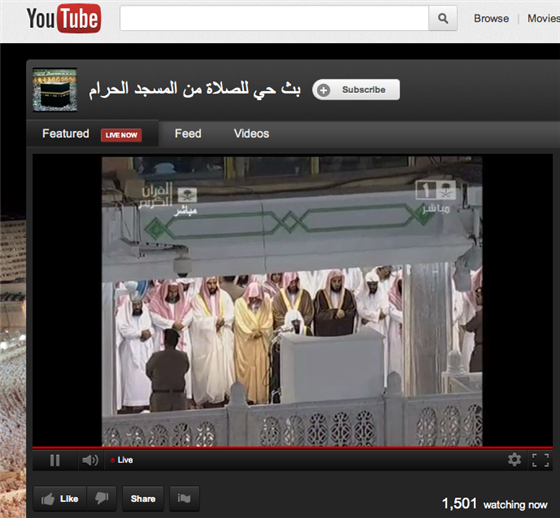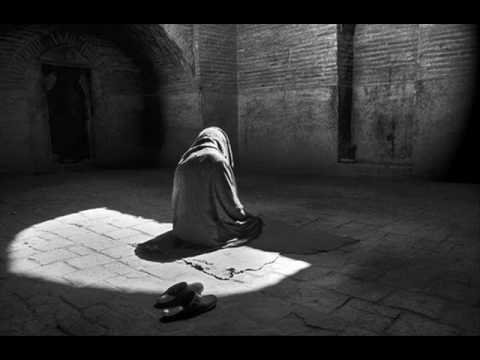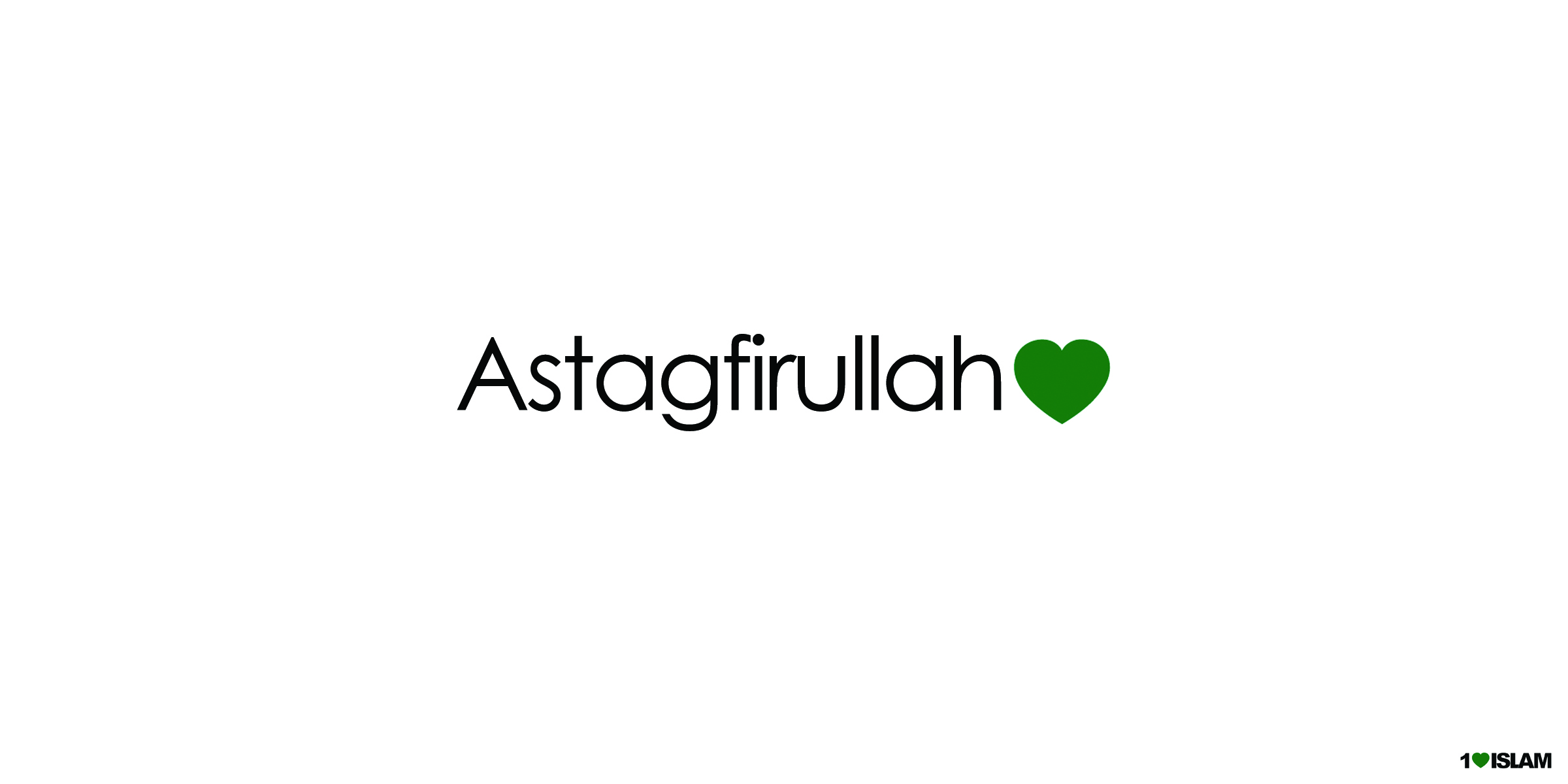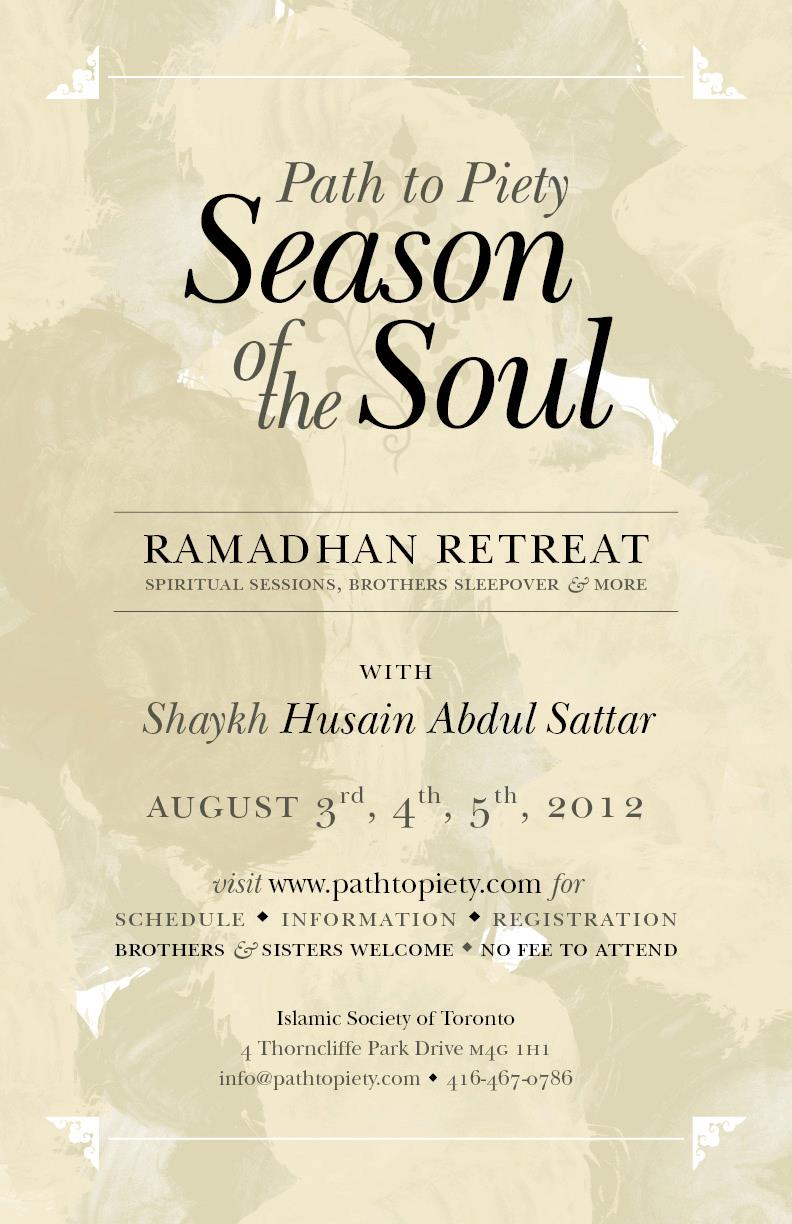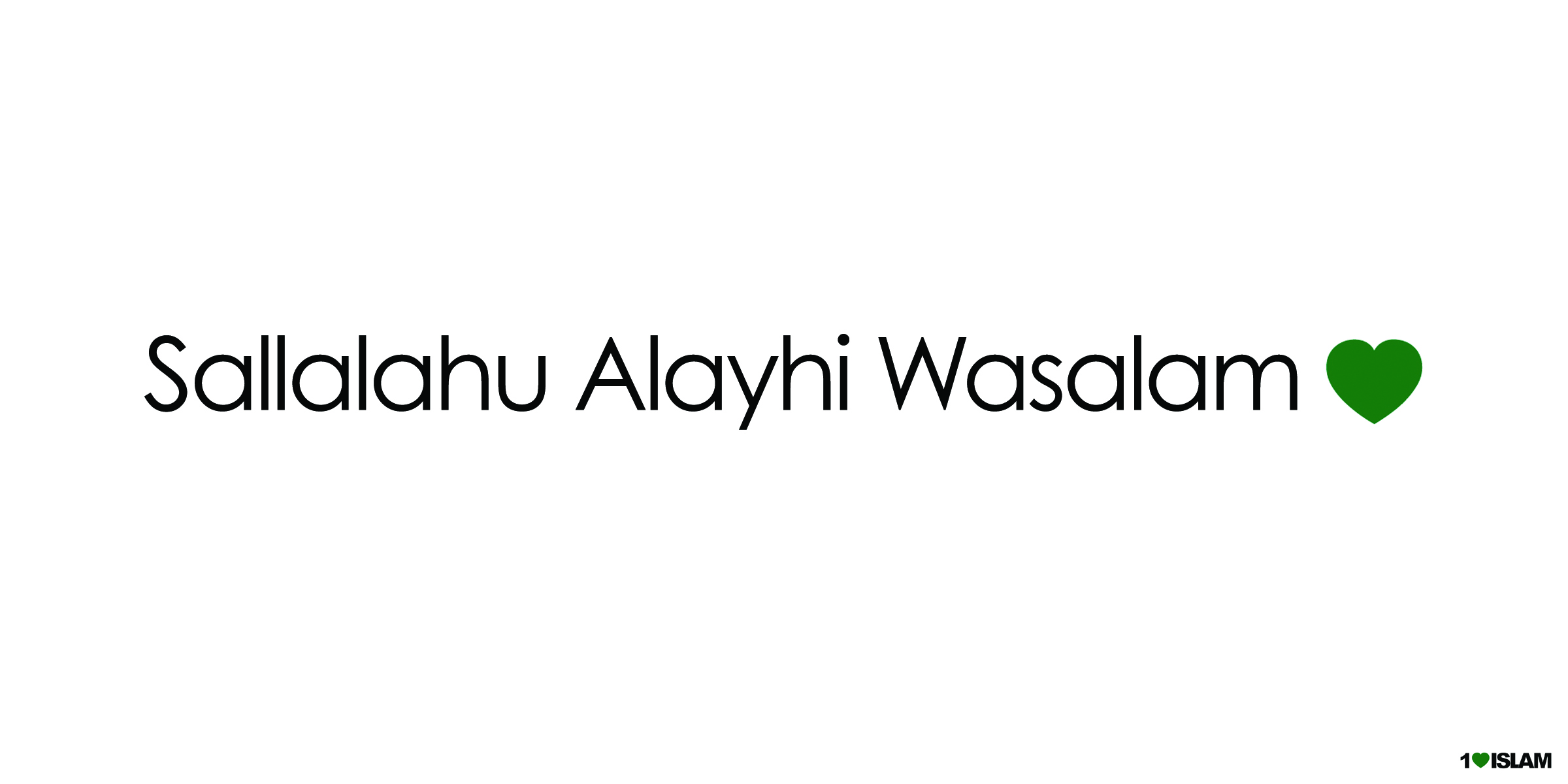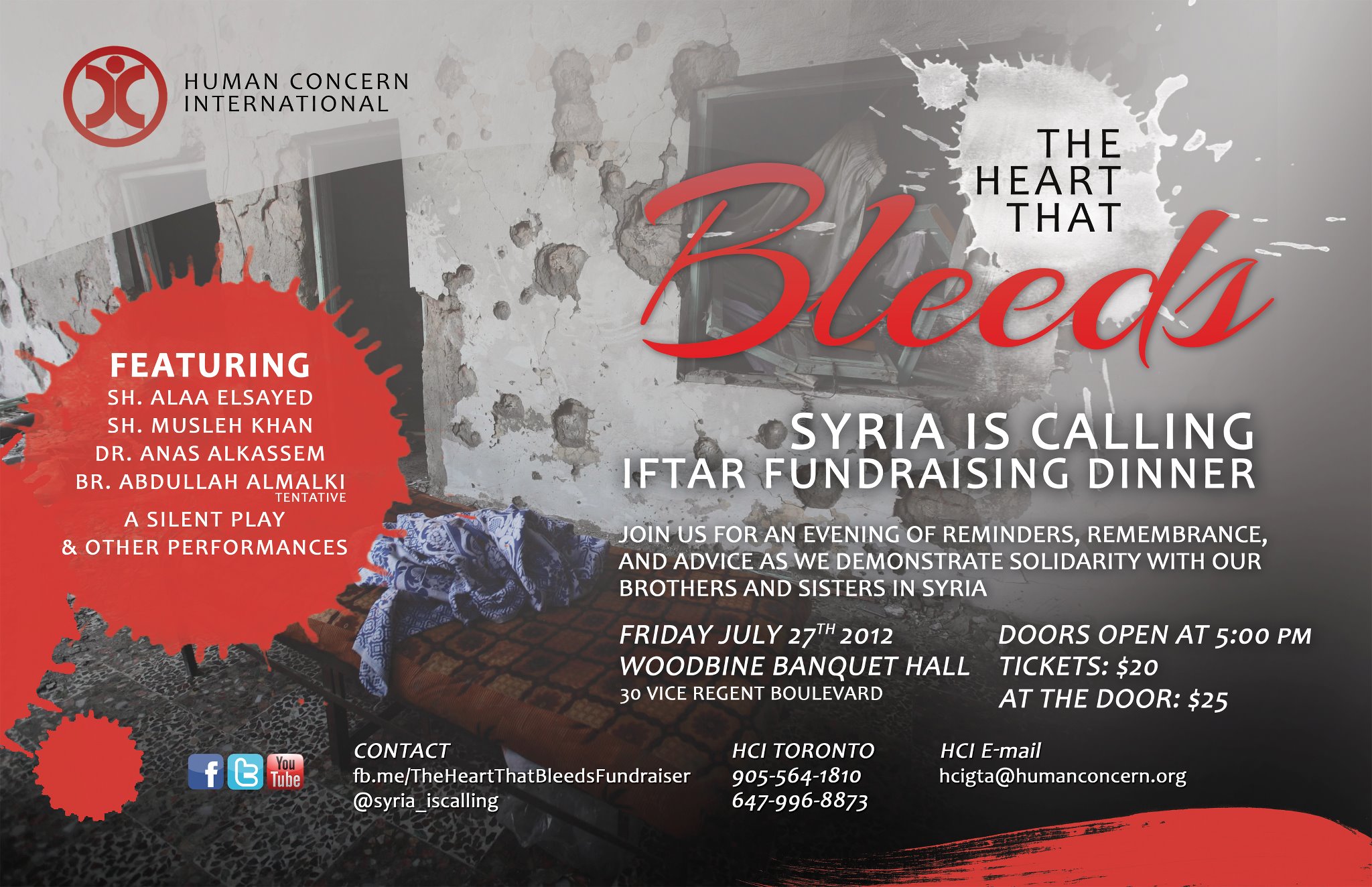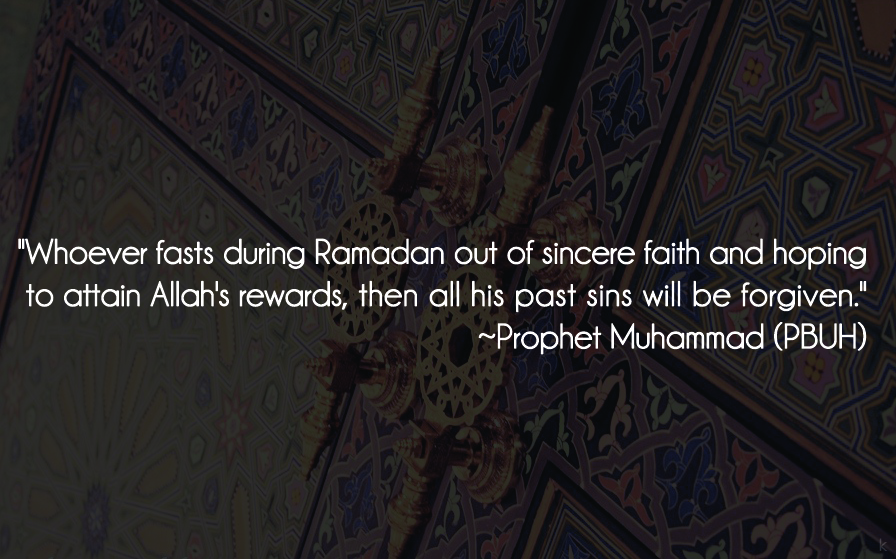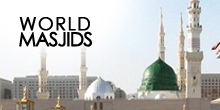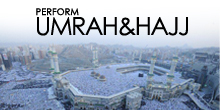I woke up at 4:20 am this morning, ate four hard-boiled eggs and a blueberry bagel, swallowed down a cup of coffee, and sat down to pray.
And I haven’t eaten or had a drink since.
The clock reads 6:26 pm, and I still have over two hours to go.
This is the first day of Ramadan, the holiest month for Muslims around the world. For thirty days, Muslims fast from all food and drink from sunrise to sunset.
Oh, and me, too.
I decided to observe Ramadan this year, for a number of reasons which I will explain over the next thirty days. I plan to blog about the experience, too.
I have tried my hand at fasting in many different ways over my lifetime, most recently with a regular Friday fast from sunrise to 3 pm. Fasting has never come easy for me – that may be the point!? – but I have certainly come to value the spiritual rigor and discipline of abstaining from food for extended periods of time.
We American Christians aren’t really all that good at fasting; it’s never been high on our list of spiritual disciplines. Even in the one season of the church calendar in which we are supposed to fast, Lent, we manage to find ways to minimize and downplay the sacrificial aspect of the fast. We give up chocolate or soft drinks for an entire forty days – woohoo, that should bring us closer to Christ!
That’s why I’ve always been fascinated by the extreme fasting that most Muslims practice during Ramadan – no food or drink during daylight for thirty whole days!
Recently, I’ve felt a little stale, dry even, in my own spiritual life. I do the normal, daily things; I go through my regular routine of prayer and Bible reading. But it doesn’t seem as rich and as profound. I’ve found myself deeply distracted by things happening in the world, including the great hubbub in the North Texas Conference of the United Methodist Church, concerning the status of the denomination and the fate of our particular bishop.
I took a meeting with my good friend, Shaikh Yaseen, the imam (religious leader) of a mosque in Plano, part of the Islamic Association of Collin County. We have been friends for several years, and recently I attended the dedication of the new wing of the mosque.
When I told him that I was considering observing Ramadan, he grinned and said, “Brilliant!” in his British accent. “It’s intense, you know.”
I informed him that I was well aware of what such a commitment meant, but asked him to give me a deeper understanding of what it meant.
“Ramadan is a fast of the body, of course,” he said. “But even more importantly, it’s a fast of the hands and feet and eyes, and finally, of the mind. It’s a time to become very aware of God and to be completely obedient.”
I am intrigued by the fact that “Islam” means “submission,” and that, fundamentally, the Islamic faith is an attempt to practice submission to God’s will on a daily basis. This is not a foreign idea to Christians – this was Jesus’ stated approach, as well. He famously said, in the Garden of Gethsemane, “Not my will, but yours be done.” He also once said that whoever did the will of his Father in heaven, were his brother and sister and mother.
The core of both Islamic and Christian faith is the quest to know, and to live within, the will of the one God.
Yaseen went on to explain that, during Ramadan, Muslims read through the Quran, make special financial gifts for the needy, and attend prayer time at the mosque daily. It is, in fact, a month of searching, of devotion, of love of God and neighbor. It is a living symbol of one’s hunger and thirst for the true God.
That’s what appeals to me in my current spiritual tepidity. I feel as if I need a jolt to my senses. And I know that observing Ramadan will deliver a burst of hungering and thirsting for God – a God whom Muslims call “Allah,” and whom Christians call “Father.”
But there’s another reason that I have chosen to “act like a Muslim” over the next thirty days. I truly want to stand in solidarity with my friend, Yaseen, and his congregation in Plano. I want them to know that I do not resent their presence in my community and country. In fact, I am very glad that they are here.
Not only do I stand with the Plano Muslims, but I have also begun to make friends with Muslim refugees from Iraq, Somalia, and Sudan. I’ve previously blogged about Mohammed, a young Sudanese Muslim who often attends New Day. The last time I served him Communion, he asked if he could pray “for the food” first. After he prayed in Arabic, I happily offered him the bread and cup, symbol of Jesus’ love and sacrifice.
I get to return the favor now. By turning down food and drink during Ramadan, I begin to wear Mohammed’s shoes, live a small part of his life, and catch a glimpse of his own religious commitments and devotion.
I don’t know if I can truly love Mohammed until I do this. I don’t believe that I can truly be Yaseen’s friend until, and unless, I attempt to enter into his story, into his life narrative. I must know what it is like to worship God as a Muslim.
Perhaps then I will learn how to worship God … as a Christian.
If I can just make it until 8:37 …
READ FULL ARTICLE









